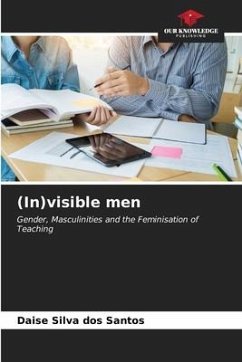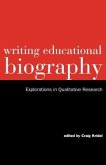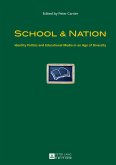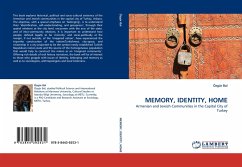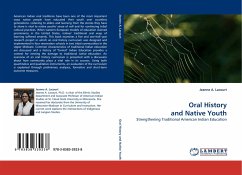The number of male teachers is much lower than the number of female teachers, and this number grows as the grades of basic education progress. The predominance of women is also evident in training courses. The phenomenon of the feminisation of the teaching profession can be traced back to the 19th century, when not only did more women enter the profession and Normal Schools than men, but the teaching profession also became associated with the female sex. This process has been studied by various researchers in the field of History and the History of Education, and was the result of new themes and sources that emerged with the incorporation of the category of analysing gender relations from the 1980s onwards. However, most of these works only emphasise the voice and conditions of women, disregarding the male sex within the feminisation process. This work therefore aims to identify the difficulties faced by those who have opted for the so-called female profession, thus understandingthe low demand for male teacher training courses and the small number working in the profession.
Bitte wählen Sie Ihr Anliegen aus.
Rechnungen
Retourenschein anfordern
Bestellstatus
Storno

